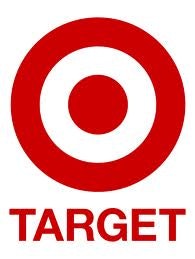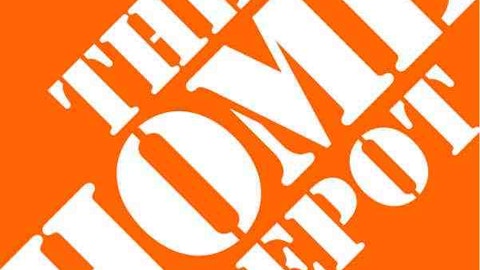
Minimum Wage
The minimum wage is a contentious issue. From one side, people are upset that they can work hard and still not make enough money to make what they believe is an acceptable living. On the other side, employers are concerned that paying more will crimp margins and, in the end, curb hiring. Each side of this argument has valid support.
Whichever side you take, this is a big issue for some companies and their investors. It becomes an even bigger issue if the minimum wage is indexed to inflation, making it a cost that constantly increases, regardless of the business environment. That would leave trimming employees as the only recourse to reduce salaries. That could make difficult business environments even more difficult for a struggling company.
Service Industries
The impact will be most notable in service industries. For example, grocery stores already live within an environment of thin margins and intense competition. A 25% increase in wages could be a huge hit to absorb. Take SUPERVALU INC. (NYSE:SVU), which owns the Save-A-Lot brand and others, as an example. The company’s performance in recent years has been poor at best. Imagine how much worse things will get if its salary costs notably increase.
In fact, after cutting the dividend, the company is now in the process of selling off parts of itself to Cerberus Capital in order to remain alive. Clearly, SUPERVALU INC. (NYSE:SVU)’s execution helped spur this drastic move, but intense competition in an industry with thin margins didn’t help any. While these dispositions will be tough medicine, the company might need even more drastic moves to survive if the minimum wage goes up.
Tough Players
The competition that has made SUPERVALU’s life, and that of many other grocers, so hard came from some pretty tough characters: Wal-Mart Stores, Inc. (NYSE:WMT) and Target Corporation (NYSE:TGT). Both companies have made aggressive moves to add grocery items to their stores in an attempt to increase the frequency of their customers’ visits. In fact, in a very short period of time, Wal-Mart has taken material market share in the grocery space.
While Target Corporation (NYSE:TGT) and Wal-Mart Stores, Inc. (NYSE:WMT) may be able to make up for the industry’s notoriously thin margins by selling more within their other retail operations, and benefiting from more frequent customer visits, grocery stores don’t have that luxury. The traditional grocery chains just have to accept lower profits or, in some cases, larger losses.
Of course, Wal-Mart and Target will both have to deal with higher costs, too, if the minimum wage goes up by 25%. While that will impact both of these retail giants, it won’t likely have as notable an impact as the grocery chains will feel.





